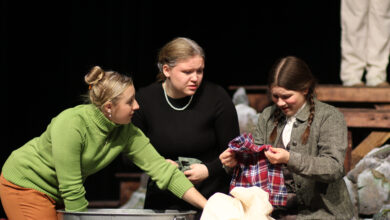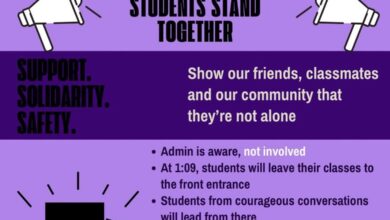The Sleepiest Day of the Year

It can be hard to wake up for school on any day, but when you lose an extra hour of sleep, it can be nearly impossible. The clocks spring forward on a Sunday in the spring. The next monday is said to be the hardest day of the year.
Walking through the halls of BHS on Monday morning, you can see the tired eyes of hundreds of students. How much does daylight savings really affect a students education, especially in that first week?
Teachers and students alike have to deal with the effects of daylight savings. Teachers have to worry about getting themselves adjusted to the new time, and they have to help their students too. It can be difficult for teachers to get students to focus long enough to be able to teach them properly around daylight savings.
“Theres a couple [students] that were kinda complaining today… they claimed they were having a hard time adjusting [to the time change].” –Science teacher Greg Hygrell
There are numerous dangerous factors that can come from setting our clocks forward. Studies from a researcher at the University of Alabama show that there is a 10 percent increase in heart attacks in the days following daylight savings. There was also a study at Penn State that showed that it take a person 20% more time to do any task when there are disturbances in your sleep patterns.
It is much harder to get a normal nights sleep after daylight savings because of the nature of your biological clock. This lack of sleep can also contribute to more dangerous problems. There is an average of a 17% increase in traffic accidents on the day after daylight savings time. Most of these are caused by drowsy drivers on darker roads in the morning.
No matter where you are, you have probably felt the effects of the daylights savings time. Moving our clocks back help us move an hour of daylight from the morning to the evening, which is very efficient. It is an important thing to do, so a couple of days of adjustment may be worth the end results.





